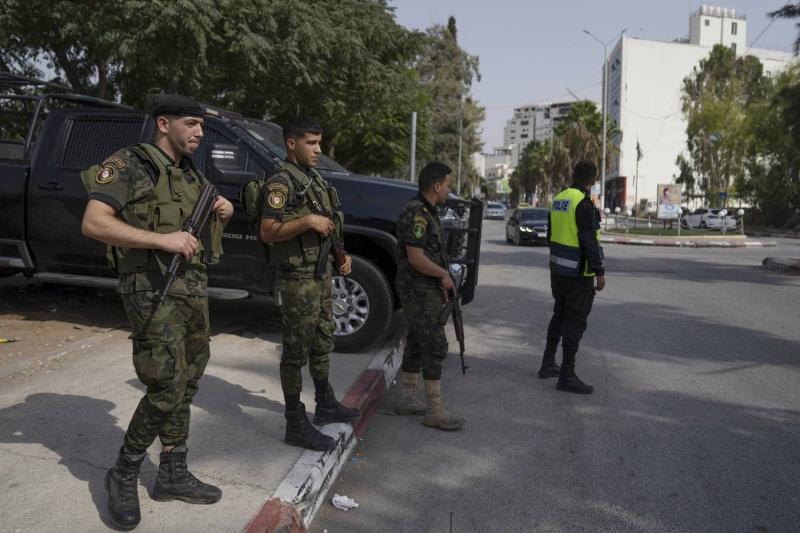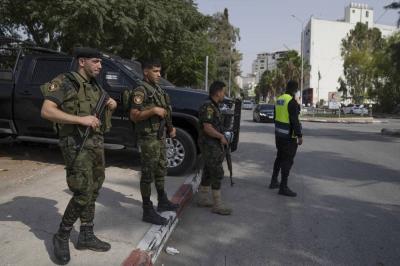Despite the pressure exerted by the United States on decision-makers in Israel to advance towards a post-war plan for Gaza that ensures the existence of the Palestinian Authority, the Israeli government continues to develop plans aligned with its desire to prevent the Palestinian Authority's presence while still being acceptable to the Americans. This was revealed in a secret document leaked from the Israeli Ministry of Foreign Affairs, formulated by a special team supervised by Tel Aviv's Foreign Minister Eli Cohen. He requested that the plan ensure the absence of the Palestinian Authority in its current form, though not too far from American demands.
The disclosure of this document followed the clarification of the Israeli position before U.S. Defense Minister Lloyd Austin, who arrived in Israel to discuss various files related to the security situation in the region, specifically the "Al-Aqsa Flood" operation. In this context, Washington reaffirmed its position on the necessity of working to strengthen the Palestinian Authority and ensure its presence in Gaza as part of any solution agreed upon after the end of the war.
Regarding the Lebanese file, Israelis continued their threats following an escalation in exchanges of shelling between "Hezbollah" and the Israeli army. While the Israelis asked Austin to ensure a diplomatic settlement with "Hezbollah" within a few weeks, which would include distancing its elements at least 10 kilometers from the border, Austin requested a longer timeframe for diplomatic efforts, convinced that this would lead to an agreement ensuring the security of Israeli borders with Lebanon and the return of residents displaced from their homes since "Hezbollah" participated in the last war.
### Document Provisions
The document revealed in Israel was presented to the National Security Council for further development. Its aim is to ensure the presence of the Israeli army while enabling Palestinians to self-manage their governance without a Palestinian Authority or any entity close to the "Hamas" movement. The plan is divided into two sections, the first of which addresses the security level, including:
- Ensuring complete freedom for the Israeli army's operations in the Gaza Strip.
- Preventing military inflation and carrying out complete disarmament.
- Establishing buffer zones.
- Implementing mechanisms to prevent smuggling and monitoring the "Philadelphia Route" and Rafah Crossing, ensuring an international element with executive powers in this context.
- Ensuring a safe maritime area.
The document details in-depth and long-term operations that require, among other things, a fundamental change in the programs and role of "UNRWA" in the Gaza Strip.
The second section focuses on civil and governmental levels, which includes:
- An international mechanism for providing humanitarian services.
- Managing daily life comprehensively: key countries and international bodies working in the sector and local entities not affiliated with "Hamas."
While American and international pressures focus on mapping out the post-war scenario, families of prisoners in Israel are escalating their protests, emphasizing the need for an immediate deal.




